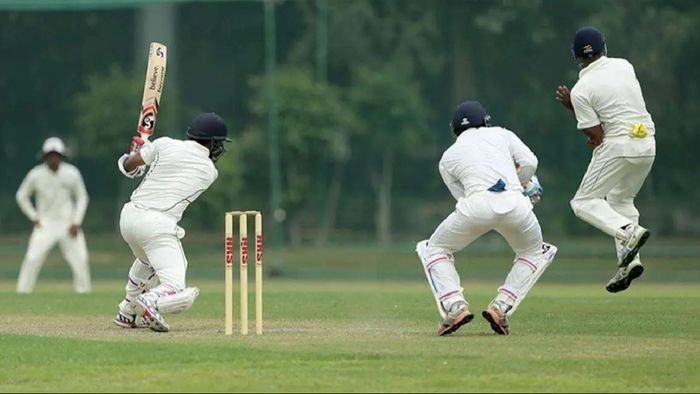Domestic cricket season set for major modifications to enhance player performance: BCCI
Spearheaded by BCCI Secretary Jay Shah, these reforms, subject to approval from the Board of Control for Cricket in India (BCCI) Apex Council, aim to revolutionize player performance management and streamline the competitive framework.

- May 12, 2024,
- Updated May 12, 2024, 11:16 AM IST
The forthcoming 2024-25 domestic cricket season in India is on the brink of undergoing sweeping transformations, with proposals set forth to overhaul the structure and scheduling of matches. Spearheaded by BCCI Secretary Jay Shah, these reforms, subject to approval from the Board of Control for Cricket in India (BCCI) Apex Council, aim to revolutionize player performance management and streamline the competitive framework.
A cornerstone of the proposed changes is the extension of intervals between matches, a measure designed to afford players ample time for recuperation and mitigate the risks of fatigue-induced injuries. Central to this reimagined calendar is the division of the prestigious Ranji Trophy into two distinct phases, marking a departure from the traditional format.
The proposed itinerary commences with the revered Duleep Trophy, followed by the Irani Cup, setting the stage for the inaugural phase of the Ranji Trophy featuring the initial five league encounters per team. Subsequent to this phase, the cricketing spectacle will segue into the Syed Mushtaq Ali Trophy (T20) and the Vijay Hazare Trophy (50-over), before culminating with the culmination of the Ranji Trophy, inclusive of the remaining two league fixtures and the knockout rounds.
In a bid to foster parity and encourage balanced competition, the CK Nayadu Trophy, a premier under-23 state tournament, will introduce a novel point system aimed at equitable outcomes. A post-season evaluation will be conducted to assess the feasibility of integrating these modifications into the overarching framework of the Ranji Trophy.
Furthermore, radical adjustments are proposed for CK Nayadu Trophy fixtures, with the elimination of the traditional toss and the provision for visiting teams to exercise the prerogative of selecting their preferred course of action, be it batting or bowling. Moreover, the revamp extends to Women's Interzonal tournaments, with national selectors tasked with assembling teams, thereby elevating the standard of competition.
These transformative initiatives, underpinned by the insights of a distinguished working group comprising luminaries such as Rahul Dravid, VVS Laxman, Ajit Agarkar, and Abey Kuruvilla, signify a concerted effort to enhance the caliber of domestic cricket and furnish players with an optimal competitive milieu. Pending endorsement by the BCCI Apex Council, these recommendations hold the potential to redefine the landscape of Indian domestic cricket, ushering in an era of heightened competition and enhanced player welfare.